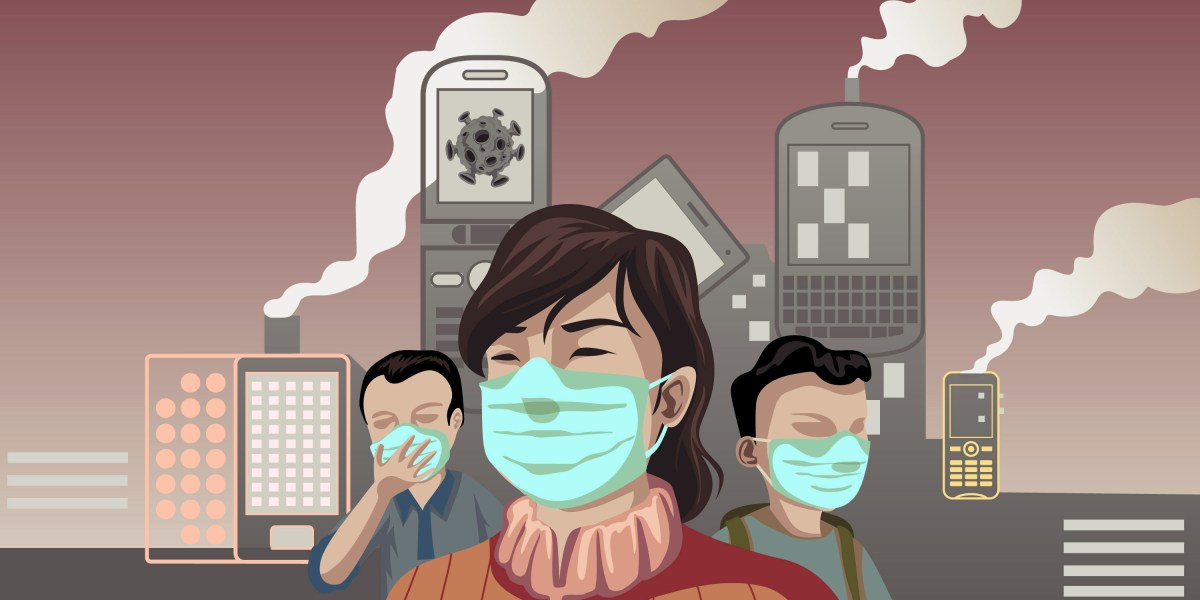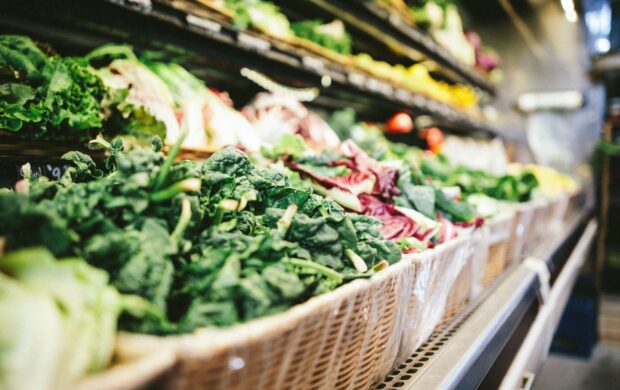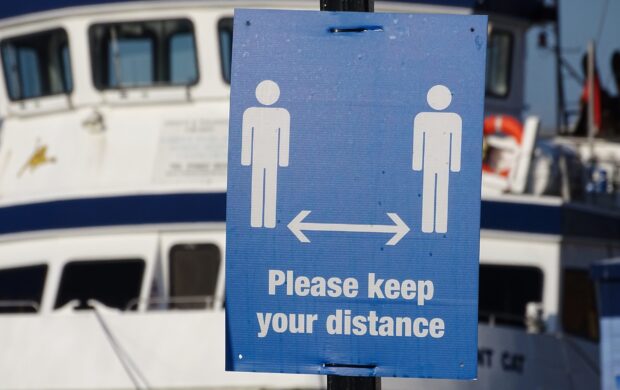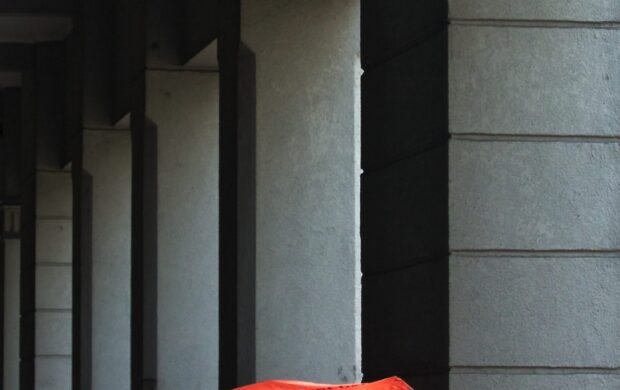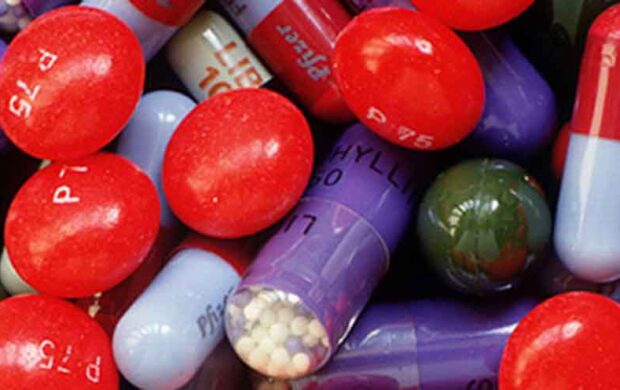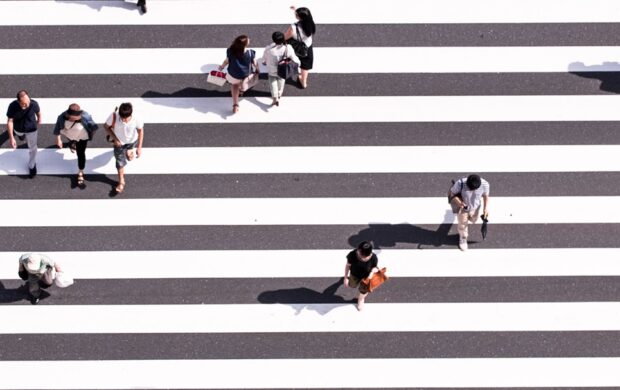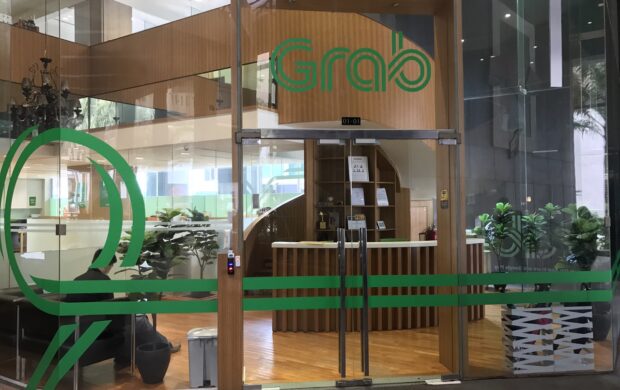The World Health Organization warned on 2 February that the 2019-nCoV outbreak and response has been accompanied by a massive ‘infodemic’, defined as “an over-abundance of information – some accurate and some not – that makes it hard for people to find trustworthy sources and reliable guidance when they need it”.
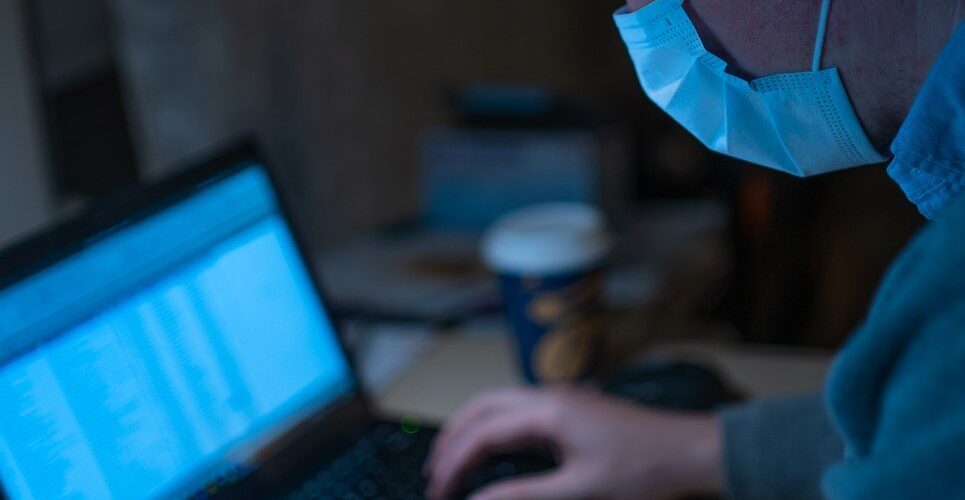
The WHO says it is working 24 hours a day to identify the most prevalent rumours that can potentially harm the public’s health, such as false prevention measures or cures. Measures include partnerships with social media giants Twitter, Facebook, Tencent and TikTok, and a Google SOS alert to promote WHO information in the search engine.
Anxiety levels in response to the virus are high, creating another public health concern and exacerbating contagion risk, as stress weakens the immune system.
Moreover, panic has led to a rise in Sinophobia, including racism and harassment online and widespread reports of discrimination against people of Chinese origin, as well as those mistaken for Chinese, both in their home countries and abroad.
What can we learn from the epidemic to strike a better balance between emergency public health warnings and the need to protect and strengthen social cohesion in times of crisis?
